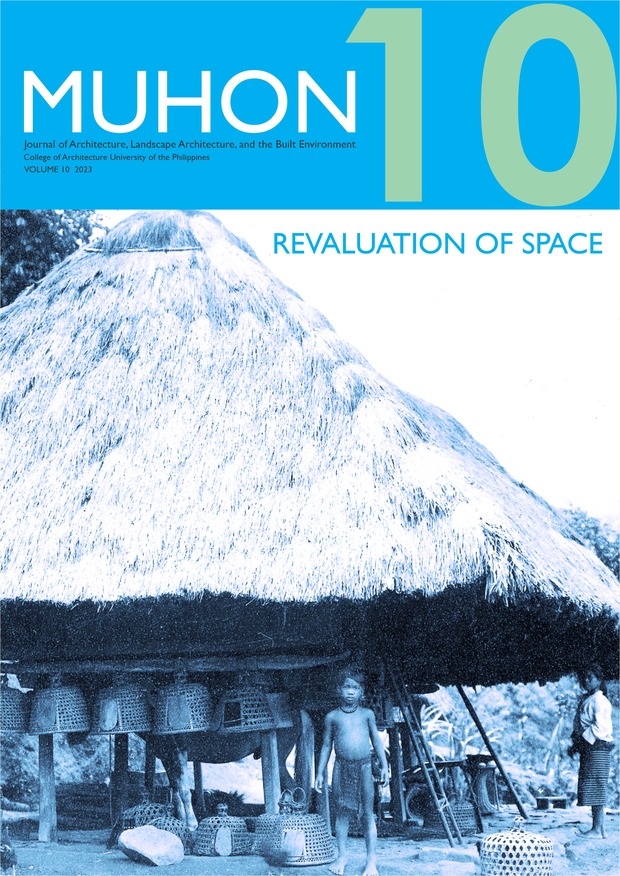Urban Dwellers’ Hazard Awareness and its Implications on Disaster Risk Reduction and Management Towards Climate Change Adaptation and Urban Resilience
Abstract
The role of urban design in disaster risk reduction and management (DRRM) has taken more attention in the advent of the COVID-19 pandemic, as transmission rates are highest where cities are mostly crowded. Rapid urbanization is taking place in Asia, making its populations most vulnerable to hazards anddisasters, including this current pandemic. This paper aims to assess the basic hazard awareness of the city population, particularly in the central business district (CBD), as aprerequisite for urban resilience. A comprehensive survey of the daytime population of Davao City’s CBD was conducted in the latter half of 2019, focusing on the respondents’ awareness of the five (5) most prevalent disasters in the study area. Existing government policies and programs on climate change adaptation and DRRM were also examined as to how they are translated into community development and other forms of interventions.
Research results show that the majority of the daytime urban population are in their early and prime working age and despite their high educational background, they have low awareness of hazards, and their recall of experiences in disasters is short-term. The majority of them are not able to identify which hazard they are most susceptible to, and DRRM-related terminologies are poorly understood. In conclusion, this study hoped to provide a basis for integrating risk communication in architectural and urban design interventions toward a sustainable and resilient built environment.
The copyright for the published work belongs to UPCA and its selected publisher. The contributor is free to publish a modified version of the same article in other publications.
The contributor guarantees that :
- the article does not infringe on the copyright or any proprietary right of any other person
- the article contains no libelous or other unlawful matter
- the article makes no improper invasion of the privacy of any other person.





